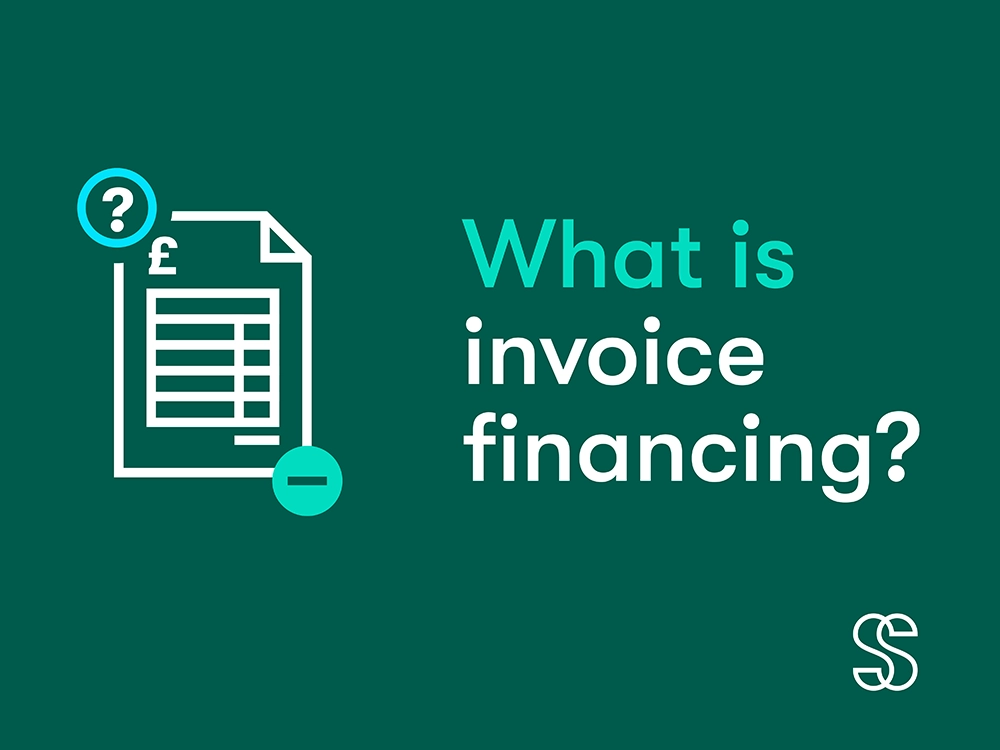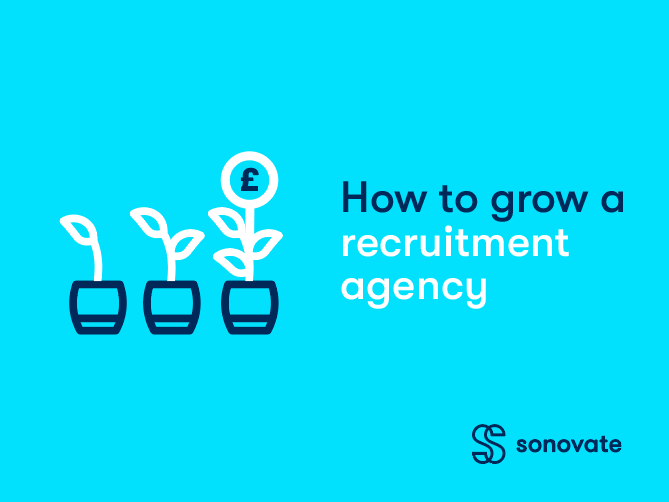How does AI Impact Recruitment?
AI and data analytics are revolutionising the recruitment industry, offering unprecedented efficiency, personalised customer experiences, and invaluable insights. However, the technology should be applied judiciously, taking into account both its tremendous potential and its limitations. With the right balance, recruitment agencies can truly unlock a new frontier of possibilities, making them more competitive, agile, and responsive to the ever-changing market dynamics.
The rise of AI in Recruitment: Beyond hype to reality
It’s no longer a secret that AI is changing the way we work, and the realm of recruitment is no exception. The trend towards the use of AI in recruitment is not just a buzzword; it’s a reality that’s gaining traction every day. With the power of data analytics and machine learning, recruitment agencies are now well-positioned to make smarter, faster, and more reliable decisions.
How can AI transform Recruitment Operations?
1. Efficiency and accuracy
The life of a recruiter is hectic, juggling between various tasks such as screening resumes, scheduling interviews, sending reminders, and generating invoices. AI automates these repetitive and tedious processes, leading to savings in time, money, and human resources. Automation not only speeds up tasks but also minimises the scope for human errors and biases that can occur when sifting through large volumes of data.
2. Enhanced customer experience
Client satisfaction is pivotal in the world of recruitment. AI algorithms can quickly match candidates with the most suitable opportunities by analysing various data points such as skill sets, experience, and location. Personalised interactions based on intelligent data analytics can significantly enhance client and candidate loyalty and retention.
3. Generating valuable insights
By mining vast quantities of data—from market trends to customer behaviour—AI tools can generate actionable insights that can help a recruitment agency optimise its operations. Whether it’s identifying the gaps in skills in the market or suggesting better pricing strategies based on customer feedback, AI provides a level of intelligence that is impossible to achieve manually.
4. Writing and content generation
One of the well-known AI tools used for various purposes, including recruitment, is ChatGPT by OpenAI. Agencies can use this tool for writing compelling job descriptions, creating engaging blog posts, or even framing impactful marketing messages. Its versatility also extends to being an excellent research tool for preparing interview questions or clarifying job-related jargon.
Specialised AI tools: Expanding the possibilities
Beyond general-purpose AI tools like ChatGPT, there are numerous specialised AI offerings tailored to recruitment:
Cashflow forecasting tools: These plug directly into your Accounts Receivable or Accounts Payable systems, helping to predict cash flow and manage budgets.
Talent sourcing tools: Advanced algorithms can vet large numbers of job applications and resumes, streamlining the initial stages of recruitment.
Conversational chatbots: These can handle preliminary interactions with candidates, thus saving human resources for more critical tasks.
Contract analysis tools: These automatically scan and highlight important terms and conditions, reducing the manual workload.
Expense parsing and processing tools: These automate the process of sorting, categorising, and approving expenses, which is a task that agencies who engage contractors must commonly perform. The use of AI makes it less labour-intensive.
Biometric identity verification tools: These offer mobile-based identity verification using advanced document parsing and facial recognition.
When to use and when to pause
While the advantages are numerous, AI’s use in recruitment also comes with caveats. For instance, AI interviewing tools have received mixed reviews from candidates, with some feeling they lack the personal touch or that they introduce bias into the process. Data security and privacy are other concerns that agencies must address responsibly. Read more about the downsides of AI in this blog.
Should recruitment businesses have in-house AI skillsets?
In today’s rapidly evolving recruitment landscape, having in-house AI skills is no longer a luxury but a necessity for all businesses. With the increasing role of AI in automating tasks, streamlining processes, and offering data-driven insights, agencies can’t afford to rely solely on external expertise. Having the capability to use and even train AI models in-house equips recruiters with a level of agility and responsiveness that is critical for business success. Whether it’s quickly adapting to market trends, understanding what AI tools your vendors use, customising AI tools for specific recruitment needs, or ensuring ethical AI practices, in-house proficiency creates a strategic advantage. It makes the agency more self-reliant, nimble, and better positioned to capitalise on opportunities in a competitive market. In essence, building AI skills in-house is an investment in long-term resilience and innovation.
What skillsets should an agency have to use and train AI effectively?
Incorporating AI into recruitment operations requires a diverse skill set distributed across various teams within the agency. Most recruitment agencies may not have in-house data analysts and strategists, but that doesn’t mean they can’t make effective use of AI. Below is a revised breakdown of the essential skills by function, incorporating data literacy, statistical modelling, and SQL skills into the roles that would most likely take on these responsibilities.
For finance teams
- Data literacy: Understanding financial data is a crucial part of any finance role. Extending this to include other types of data, like candidate demographics or client histories, can be immensely useful. Being able to read and interpret this data can help in better financial planning and decision-making.
- SQL skills: SQL can be a handy tool for finance teams, especially for querying databases to extract specific financial information. SQL skills will allow for more complex analyses and can help in generating custom reports, which could feed into machine learning algorithms for predictive analytics.
- Basic statistical modelling: Though not statisticians, finance team members can benefit from understanding the basics of statistical modelling. This knowledge can help in analysing trends, making financial projections, and even in identifying credit or funding risks.
For IT and security teams
- Machine learning basics: Even a rudimentary understanding of machine learning algorithms is essential for IT teams to integrate these into the existing tech infrastructure effectively.
- Data security protocols: Ensuring the secure and ethical use of AI tools is critical. Skills in encryption, secure data transmission, and ethical data usage become all the more important with AI in the mix.
- API integration: This technical skill is needed for incorporating third-party AI tools into the agency’s existing software platforms.
- Advanced SQL skills: For the IT team, SQL goes beyond just querying databases. They would need to know how to optimise queries, perhaps automate some database interactions, and ensure that data flows seamlessly between different systems.
For recruiters
- Understanding of algorithmic logic: A basic grasp of how algorithms work will help recruiters to make the most of AI-based tools designed to screen candidates or match them with job openings.
- Digital literacy: A general comfort level with navigating various software platforms is crucial for utilising AI tools effectively.
- Ethical sensibility: AI can have ethical implications, such as potential bias. Recruiters should be trained to recognise these and take appropriate action.
For customer service and client relations teams
- Personalisation skills: Knowing how to fine-tune AI tools to create more personalised client interactions can enhance the quality of service.
- AI training for chatbots: The ability to train and retrain chatbots based on feedback can help improve automated client interactions.
- Tech-savvy communication: Understanding what AI can and cannot do will help set realistic client expectations.
For content creators and marketers
- SEO and data analytics: An understanding of SEO is crucial for using AI tools that analyse market trends and customer behaviour.
- Creative oversight: While AI can generate text, human creativity is required for content that truly resonates with audiences.
- User experience (UX) design: UX skills are essential for ensuring that AI tools offer an intuitive, engaging experience for both candidates and clients.
Sonovate and AI
At Sonovate, our platform is built with the future in mind, and AI is very much part of that future. We’ve built our product and processes to integrate with those of other vendors and to utilise AI in safe ways, helping to automate processes, facilitate the exchange of data across the various technologies that your business needs, and can facilitate reporting and insight generation. Contact our team today to find out how we use the latest technologies to help you get the funding you need when you need it and to facilitate your operations by automating repetitive tasks and offering smart features to reduce your team’s workload and speed up your operations.







